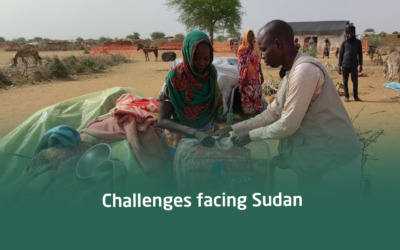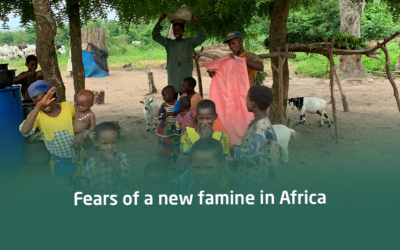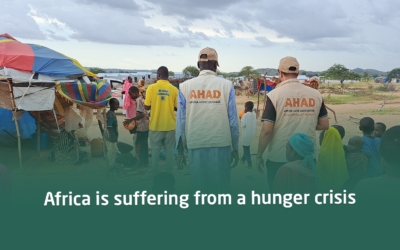By making people aware of the importance of World Solidarity Day and its pivotal role in achieving positive change in societies, AHAD seeks to create awareness among people and strengthen the global solidarity movement.
In this article, we highlight the role of World Solidarity Day in building bridges of understanding and cooperation between different cultures, and how everyone can contribute to strengthening solidarity and achieving positive change in our world.
Let’s work together in a spirit of solidarity and make World Solidarity Day a real opportunity to positively influence people’s lives and achieve a just and equal world.
What is World Solidarity Day
The concept of World Humanitarian Solidarity Day
The day of human solidarity is one of the most important days that the world witnesses every year on the twentieth of December. This day aims to promote awareness of human solidarity and Human Rights and to strengthen social relations between individuals, communities and states.
The reason for choosing the day of human solidarity on the twentieth of December is determined by the adoption by the United Nations of the Universal Declaration of human rights on this day in 1948.
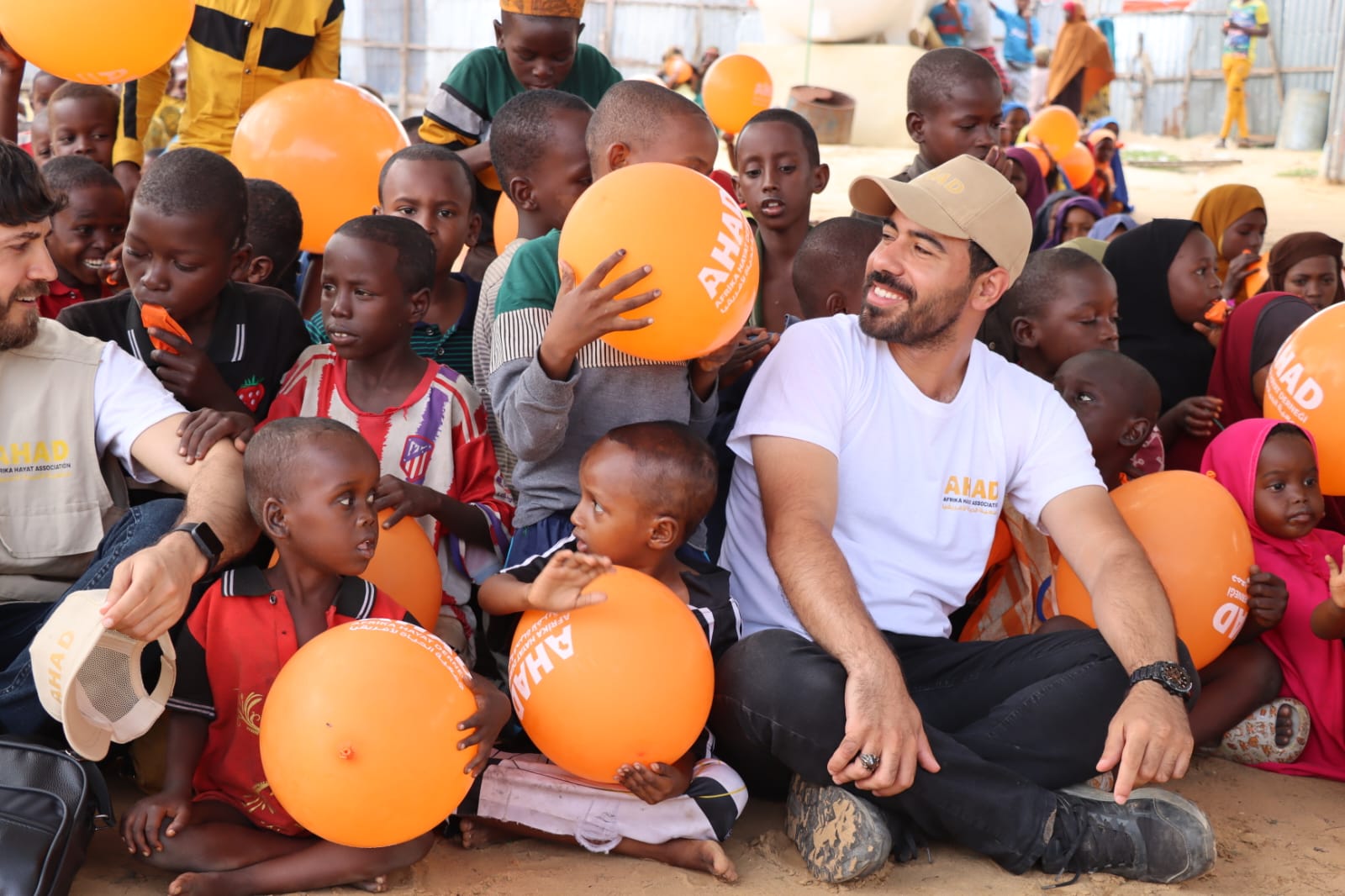
World Solidarity day
Objectives of the Human Solidarity Day
The celebration of the day of human solidarity aims to achieve many goals, including:
Promote awareness of human rights and human solidarity among people all over the world.
Emphasize the importance of social justice and equal opportunities, the eradication of poverty, racism and all forms of discrimination.
Urging equality, love, peace and tolerance among peoples, religions and cultures.
Strengthen social ties between individuals and communities and strengthen international relations between all countries.
Conclusion, the humanitarian Solidarity Day is an opportunity for all individuals and communities in the world to affirm their solidarity and solidarity in the face of various humanitarian challenges facing humanity.
The role of the United Nations on World Solidarity Day
The most important UN resolutions related to the day of human solidarity
The United Nations is the leading body in supporting the day of human solidarity and uniting the efforts of the international community to achieve the goals of this global event. The United Nations has adopted several resolutions and declarations related to the day of human solidarity, the most important of which are:
General Assembly Resolution No. 57/265 of December 20, 2002 calling for the strengthening of human solidarity and compassion for the most vulnerable groups of society.
The United Nations Declaration on volunteerism and volunteering capabilities on December 5, 2017, which highlights the role of volunteerism in promoting solidarity and encouraging the effective contribution of the individual to achieving sustainable development.
Participation of member states in the World Humanitarian Solidarity Day
The participation of member states in the humanitarian Solidarity Day focuses on strengthening the spirit of solidarity and contributing to the achievement of the goals of the World Day. Countries may host different events in different sectors, such as education, health care, human rights and social justice. The program of events includes celebrating the cultural and customary heritage of different peoples, and promoting awareness of the capabilities of individuals and communities to achieve positive societal change. The events also include meetings, conferences, discussions, workshops, cultural and artistic events, with the aim of achieving various events that strengthen social ties and encourage innovation and creativity in achieving sustainable development.
Forms of human solidarity
Volunteer work
Volunteering is an important form of human solidarity, where volunteers contribute to the provision of basic services, assistance and care to communities in need. Individuals, associations and various institutions can contribute to human solidarity by volunteering in various fields, such as education, health, human rights and promoting community awareness.
Humanitarian assistance
Humanitarian aid is one of the most important forms of human solidarity, as donors and various humanitarian organizations work to provide basic assistance and materials to the most vulnerable groups in society. Humanitarian assistance includes the provision of food, medicines, water, housing, health care and other basic human needs. This requires strong international cooperation and solidarity in order to achieve humanitarian goals and alleviate the suffering of people around the world.
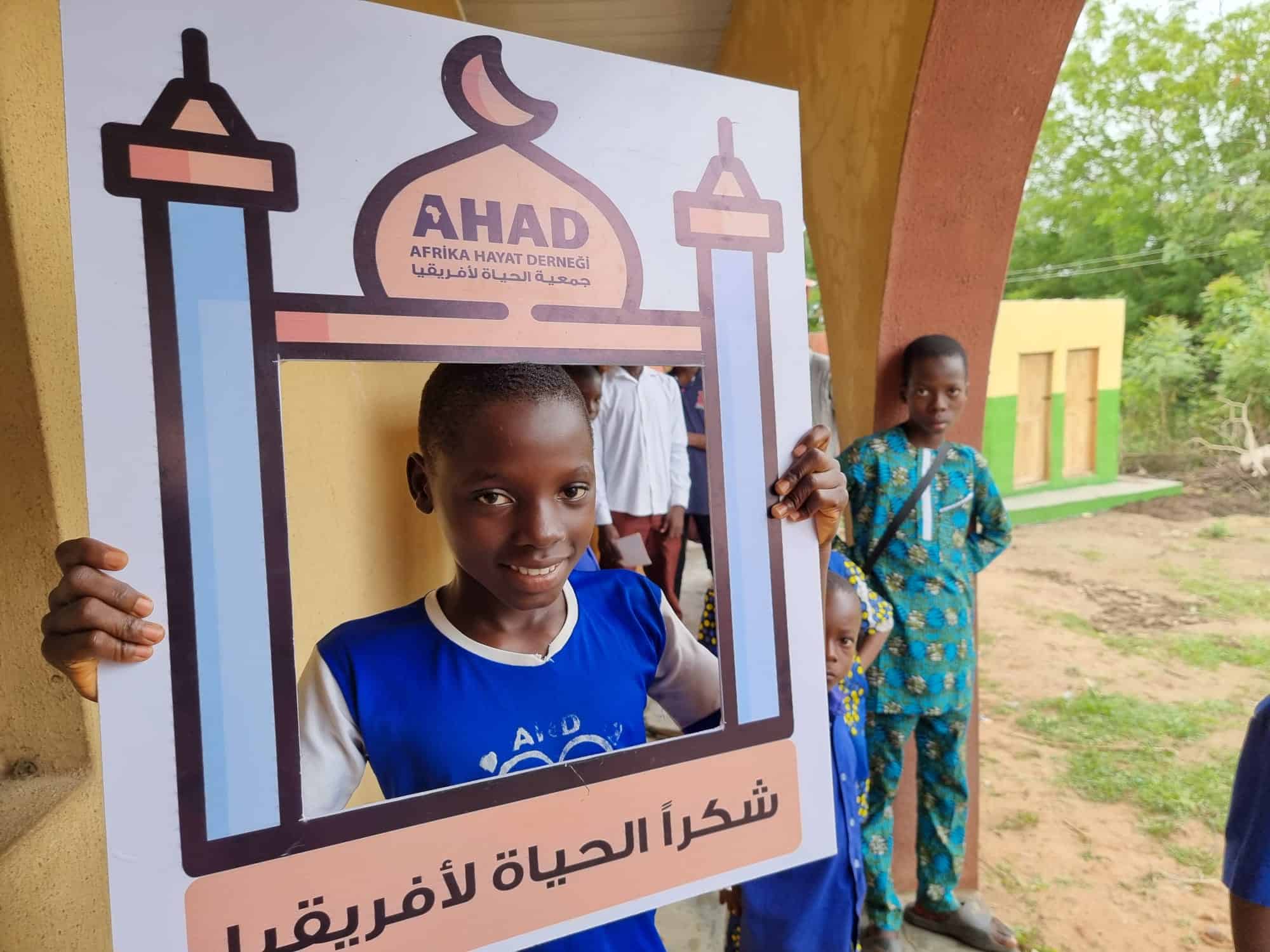
World Solidarity day
The role of humanitarian institutions on the day of human solidarity
International humanitarian institutions
International humanitarian institutions play a key role in humanitarian solidarity, promoting humanitarian action and providing assistance to needy groups around the world. These institutions seek to provide humanitarian relief to those affected by natural disasters, armed conflicts, epidemics and other humanitarian crises. It also works to empower local communities and strengthen their capacities to adapt to natural hazards and climate changes and provide the necessary resources to reduce poverty and hunger and improve living conditions in the affected areas.
Local humanitarian institutions
Local humanitarian institutions play an important role in humanitarian solidarity, as they have a better understanding of the needs and problems faced by local communities, and can provide the necessary support to individuals and families in need in those areas. These institutions promote the concept of local cooperation and social solidarity, and encourage communities to participate in providing the services and support they need. These institutions are also a vital partner for international humanitarian institutions in the implementation of humanitarian solidarity programs in various regions.
The challenges facing the World Solidarity Day
Lack of resources
The humanitarian Solidarity Day faces several challenges, the most prominent of which is the lack of financial and human resources available for implementation, which constitutes an obstacle to providing the necessary assistance to needy groups. Humanitarian organizations are doing everything possible to raise donations and secure the necessary funding for the implementation of humanitarian solidarity programs, but the urgent humanitarian need often exceeds what resources can be provided. Humanitarian institutions also face legal and administrative restrictions in some countries, which provide obstacles to the provision of humanitarian assistance.
Moreover, humanitarian institutions may be exposed to security and health risks during the implementation of their programs, especially in areas of conflict and current humanitarian crises. Difficulties may also arise in the delivery of assistance to needy groups as a result of high levels of violence in those areas, which leads to disruption of humanitarian efforts.
Therefore, efforts should be made to overcome these obstacles by strengthening international cooperation and encouraging governments to provide the necessary support to humanitarian institutions.emphasis should also be placed on strengthening the capacities of local humanitarian institutions to improve their ability to provide the necessary assistance to needy groups in their regions.
Conclusion
The humanitarian Solidarity Day faces many great challenges, as the lack of financial and Human Resources stands as an obstacle to the implementation of many relief and assistance programs, which negatively affects the ability of humanitarian institutions to provide the necessary assistance to the needy groups. In addition, humanitarian institutions may face difficulties in managing their programs because they are exposed to many security and health risks, which further complicates humanitarian efforts.
To overcome these obstacles, international cooperation should be strengthened, governments should be encouraged to provide the necessary support to humanitarian institutions, and the capacities of local institutions should be improved to meet the needs of the needy and vulnerable groups in the affected communities.
Moreover, the importance of the humanitarian solidarity day lies in raising the awareness of communities about the importance of providing assistance and caring for needy groups around the world. The importance of this day is also to raise awareness about the challenges and risks facing vulnerable communities and people deprived of basic human rights.
In this regard, AHAD is interested in the World Solidarity Day, an association working in Africa, and is working to organize many events and activities to raise awareness of the importance of humanitarian assistance and motivate communities to participate in support and contribute to the spread of good and giving.
Read also:

